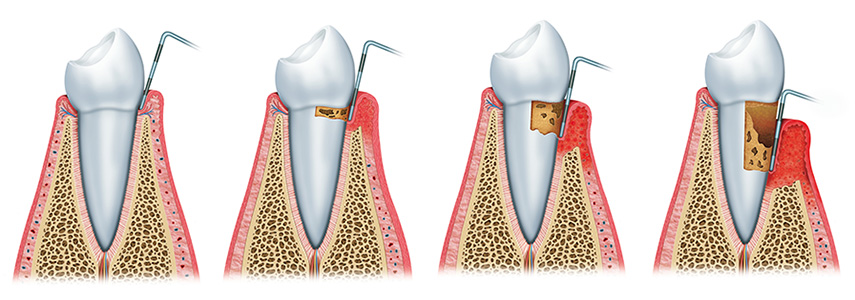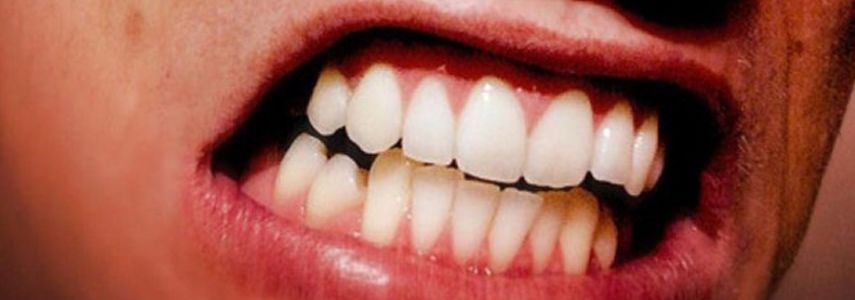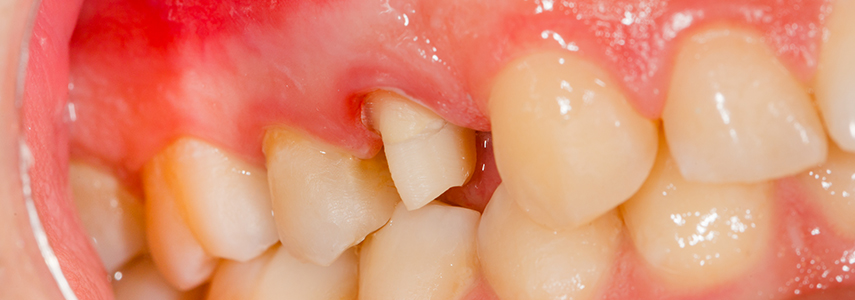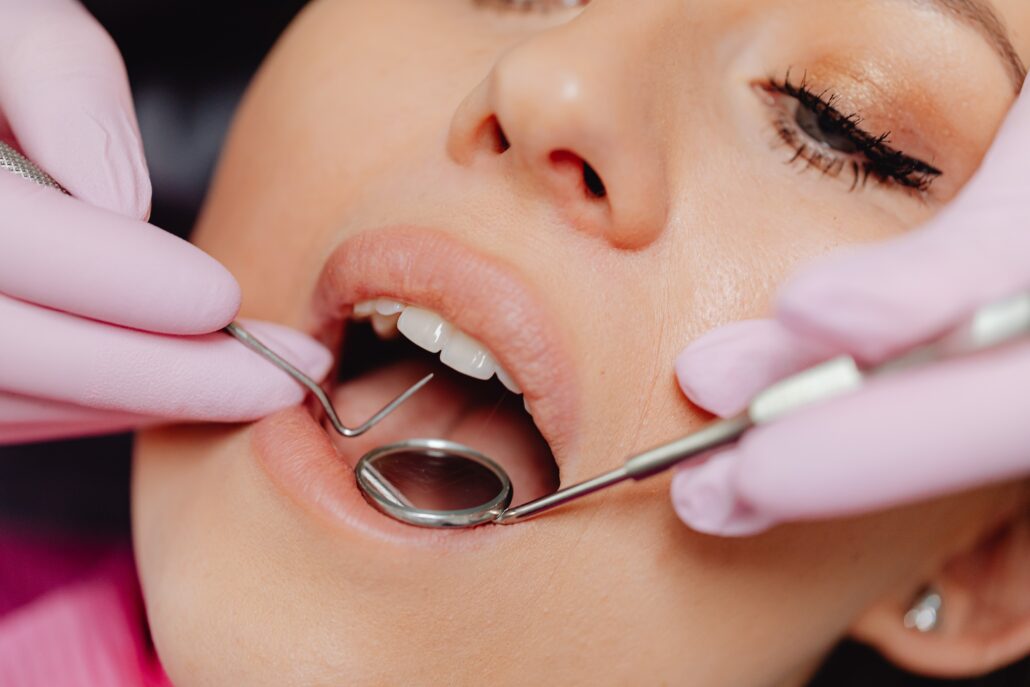
What is periodontitis?
Periodontitis (or pyorrhea) is a very widespread disease and essentially involves inflammation of the gums. Approximately 50% of the population is affected by it and diagnosing it in time significantly increases the possibility of treating it.
Due to periodontitis, periodontal pockets are created, i.e. spaces between the tooth and the gum where bacteria accumulate which, by calcifying, becomes tartar.
These periodontal pockets do not allow correct oral hygiene and the disease, consequently, feeds itself.
Unfortunately, patients with the most severe symptoms can even lose some teeth but the speed of progression of the disease is subjective.
Symptoms and Cures for Periodontitis, Gingivitis and Piorrea
HOW TO TREAT PERIODONTITIS
In less serious cases, periodontitis can be treated with periodic professional hygiene sessions which remove plaque and tartar under the gums.
In more serious cases of chronic periodontitis, the periodontist may recommend surgery in order to clean the tissues and possibly regenerate the bone.
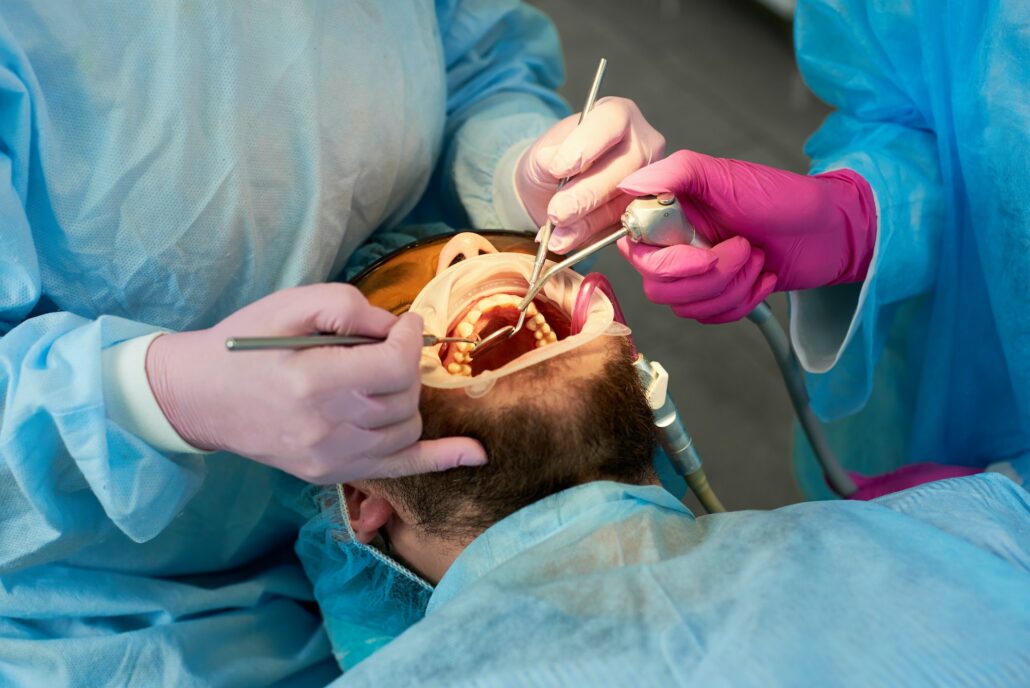
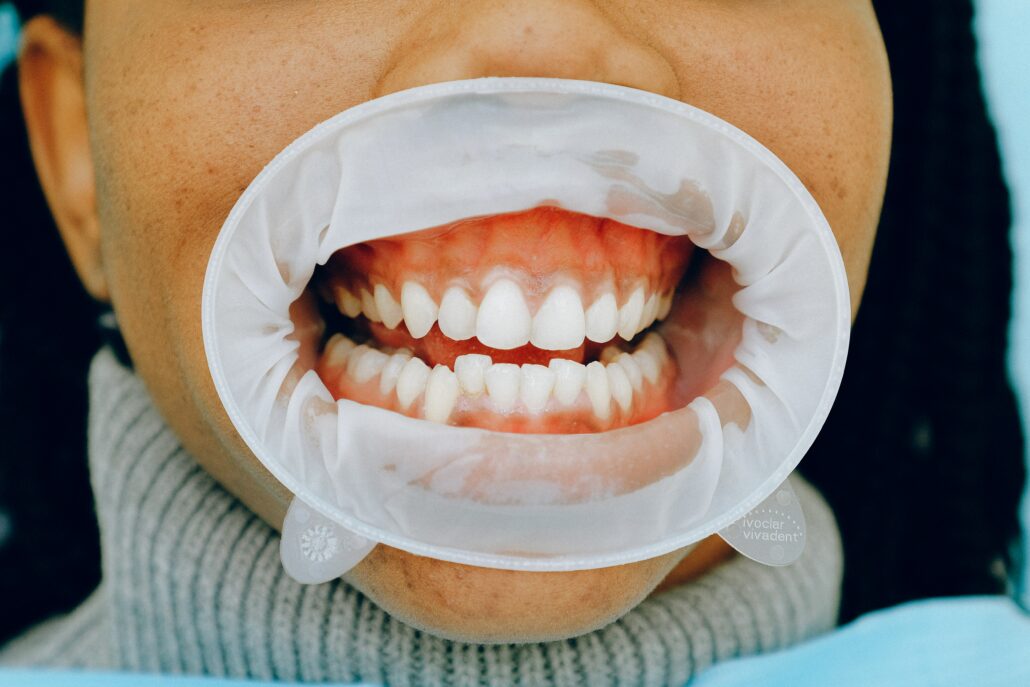
What negatively affects periodontal disease?
Incorrect oral hygiene:
- The smoke
- The stress
- Diabetes
- Diseases that lower the immune system
- Genetic pathologies
Warning! Periodontal diseases can be a risk factor in patients with diseases such as:
- Cardiovascular disorders
- Endocarditis
- Diabetes
- Respiratory diseases
WHAT ARE THE RISKS
Periodontal disease is an infectious disease caused by bacteria (bacterial plaque), has more concurrent causes than together can increase the likelihood that the disease will occur including smoking or systemic diseases and dental malocclusions. The anatomical changes and degeneration of the periodontium (tooth support tissue) are consequences of the disease and lead to two possible clinical manifestations: The gingival recession – lowered gums which are highlighted by visibly longer teeth) The periodontal pocket – gum in the correct position, but inside the bone and the tooth attachment have moved towards the root forming an empty space called periodontal pocket. Periodontal disease can present as gingivitis or periodontitis (pyorrhea).
- Gingivitis when adequately treated leads to complete healing of the supporting tissues
- Periodontitis (pyorrhea) involves an irreversible lesion and it is necessary to intervene immediately with specific surgical interventions aimed at blocking the degeneration of the supporting tissues.
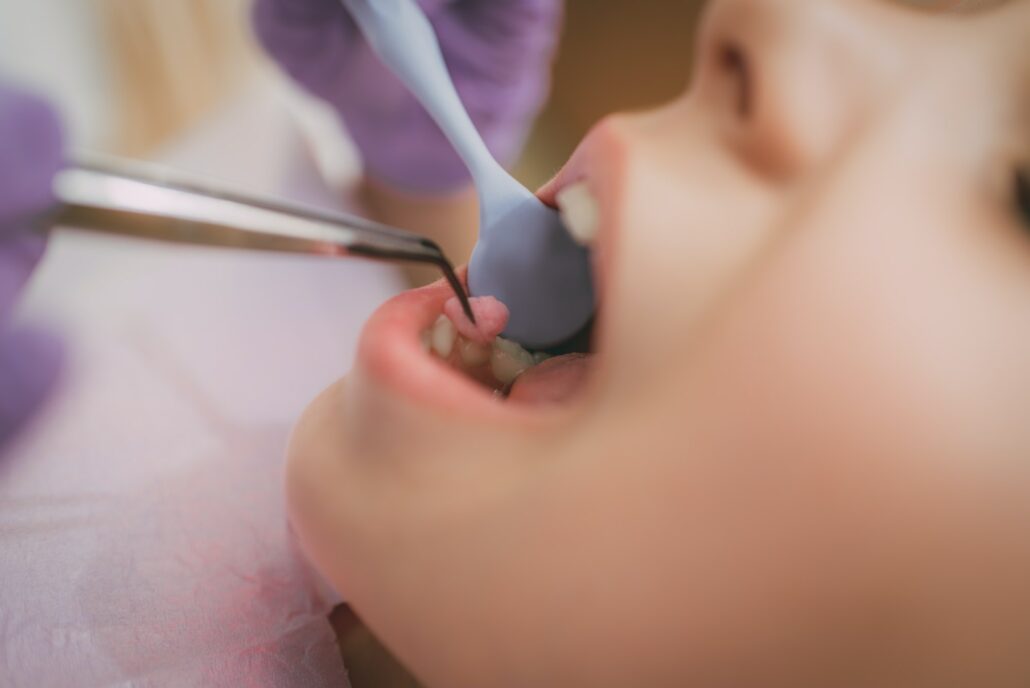
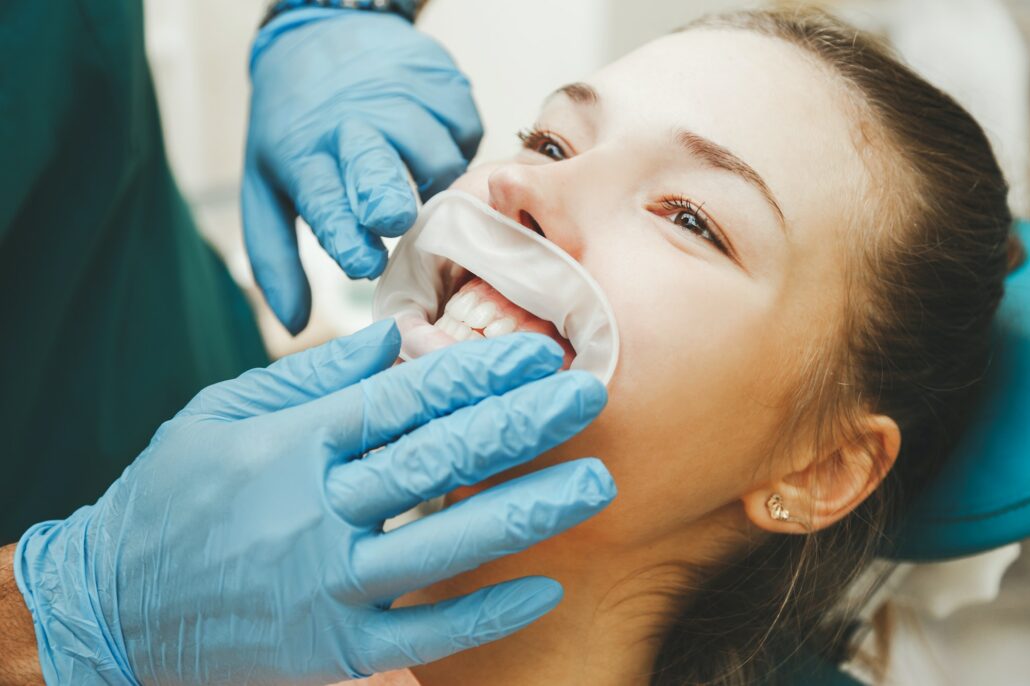
Possible causes of periodontitis
Periodontitis can occur following an excess of tartar or following other pathologies or bad habits.
Diabetes, vitamin C deficiency, cancer and smoking are among these, together with hereditary factors.
Useful information
Periodontal disease
Apical granuloma and dental cyst
Free visit
Book your free check-up visit!
Our articles
Learn more about the topic by reading our articles.
To know
Curiosities: Scientific research, product and technology evolution
Each tooth and / or affected area can be affected differently: minimum, medium, severe.
For this an accurate diagnosis and a precise evaluation made during a dental visit with the periodontist (specialist dentist) who examines tooth to tooth the incidence of the disease and notes the results of the examination by drawing up a detailed, special personal periodontal card of the patient . It is estimated that 40% of the population suffers from this disease in a more or less serious form with a high incidence after the thirty-five years of age.
Also in children this disease can arise and is mainly due to a microorganism: the actinomices actinomicetemcomitans.
Other conditions may favor it such as bad occlusions or incorrect positions of the teeth that facilitate the loss of gums, or poor hygiene and consequent plaque and tartar deposits that cause inflammation and can aggravate the lesions.
It is advisable to diagnose periodontal disease early by making a dental examination and to intervene if necessary by consulting a dentist specialized in periodontology.
In less severe cases it usually heals after one or more sessions of oral hygiene and / or smoothing of the roots of the teeth performed in the dental office by the dental hygienist or dentist together with appropriate antibiotic treatment. In the most serious cases it is necessary to have a resective and / or regenerative surgery performed by a dentist specialized in periodontology. Fundamental is the collaboration of the patient who undertakes to observe correct daily oral hygiene at home and to promptly carry out the necessary periodic checks at the dentist and related booster oral hygiene.
SANIDENT operates a team of periodontology specialists specialized in one of the most important academic organizations in the world: the Division of Periodontology and Implant Dentistry of New York University.
Warranty and Security
Sanident offers a lifetime international guarantee on dental implantology and zygomatic implantology.
From 2 to 5 years warranty on fillings, reconstructions, endodontics, crowns, bridges and complete arches services.





